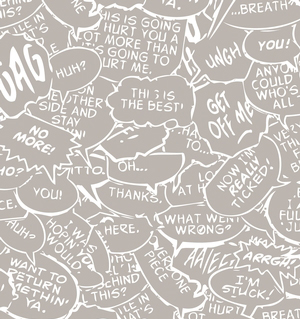The end of a year brings thoughts of old and new words—and not only to us word birds, who throughout the year are tuned into what’s coming in and what’s fading out.
It’s generally easier to recognize the new than the obsolescent. New words and meanings can virtually explode onto the linguistic scene. Such terms usually relate to current events and public preoccupations. Some of them are interesting—whether one likes or approves of them or not—because they may carry a lot of cultural baggage. Recent examples are fiscal cliff (US politics) and frankenstorm (Hurricane Sandy). Frankenstorm, in particular, can only be appreciated if you recognize the allusion to other terms of recent years (e.g. frankenfood), which themselves were coined in allusion to Frankenstein as the name is commonly used today, referring to the monster himself, instead of his creator Dr. Frankenstein from the 19th-century novel Frankenstein, by Mary Shelley.
A number of organizations and other entities now create lists at year end of new and newish words thought to be characteristic of the year. Some encourage the public to submit most-hated words or expressions; others conjure up various themes that characterize the year. One of the oldest established “word-of-the-year” contests is that of the American Dialect Society. At their upcoming annual meeting in Boston, in early January 2013, attendees will have their 23rd annual vote on the Word of the Year.
Words of the Year began in fun and continues in the same spirit, although the mass media that report on the whole raucous event generally take it all very seriously. However, the words and expressions are often bang-on as encapsulating important aspects of the outgoing year in linguistic terms. One lexical item is chosen as the overall winner each year, but before that decisive vote, candidates for recognition in a number of categories are voted on: Most Likely to Succeed, Least Likely to Succeed, Most Original, Most Useful, Most Euphemistic, etc. The winner may not even be a complete word in itself. In 1999, the Word of the Year was a “lexical entity,” e-. It was recognized that this item had been around in the term e-mail for almost 20 years, but it was chosen because it had “recently multiplied its lexical connection with business” in terms like e-business and e-tailing. Also notable from 1999 was the selection of the now-standard term senior moment as Most Euphemistic, as well as runner-up for Most Useful (after e-).
What would be your contribution to Word of the Year for 2012?
“New words, old words, shy words, bold words” is a four-part series about English words and their origins.
Next post: Old Words
Discover more from The Editors' Weekly
Subscribe to get the latest posts sent to your email.
